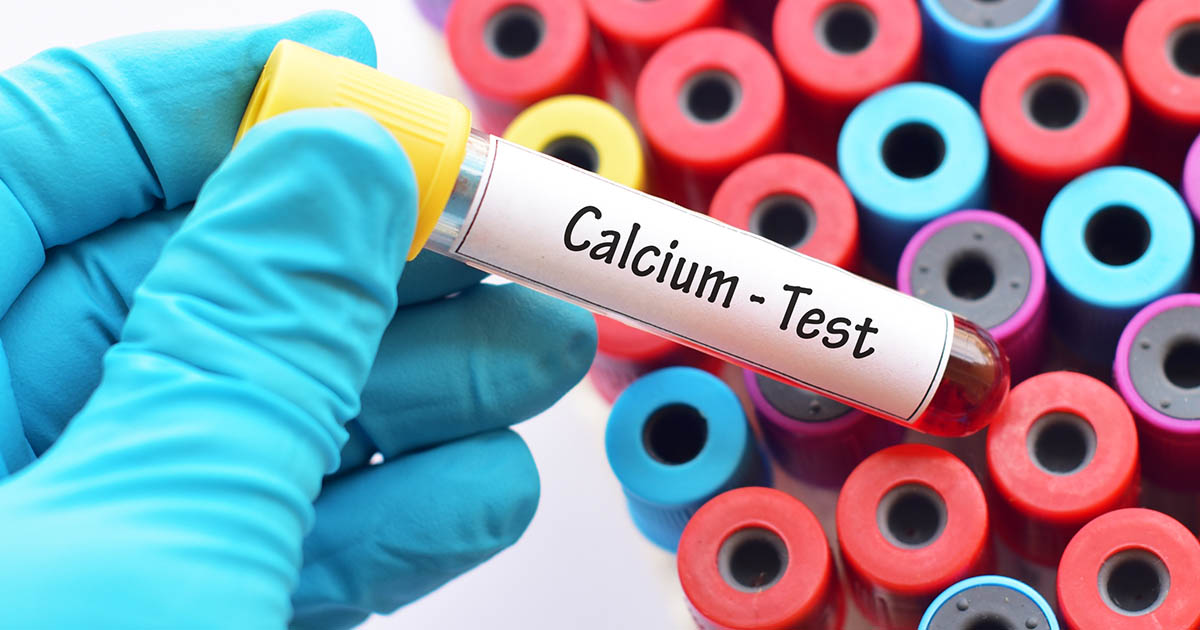The Different Ways To Treat Hypercalcemia
Underlying Condition Treatment

An essential part of managing hypercalcemia is the treatment of its underlying condition. Something going wrong in the body causes almost all cases of hypercalcemia. Calcium levels are typically monitored by the kidneys, the parathyroid glands, and vitamin D intake. If something goes wrong with one of these things, an individual can end up with excessive calcium. The most common issue is an overactive parathyroid gland resulting in hyperparathyroidism. Some individuals with kidney damage may end up with hypercalcemia because their kidneys cannot properly filter out calcium.
Another thing that may cause hypercalcemia is lung diseases or lung cancer. These conditions can cause increased levels of vitamin D, which raise calcium levels as well. If possible, treating the underlying condition is always important. Once it is treated, calcium levels will often slowly return to normal.